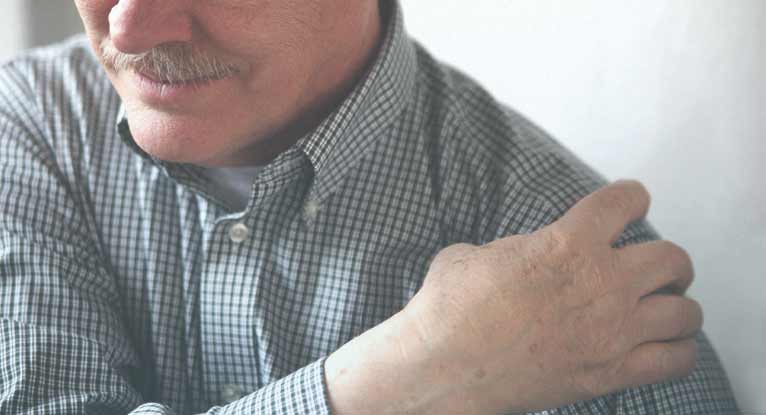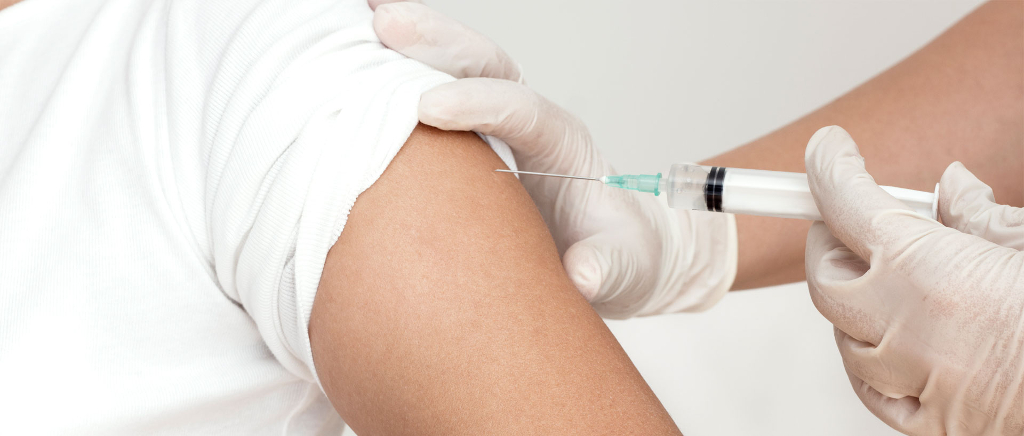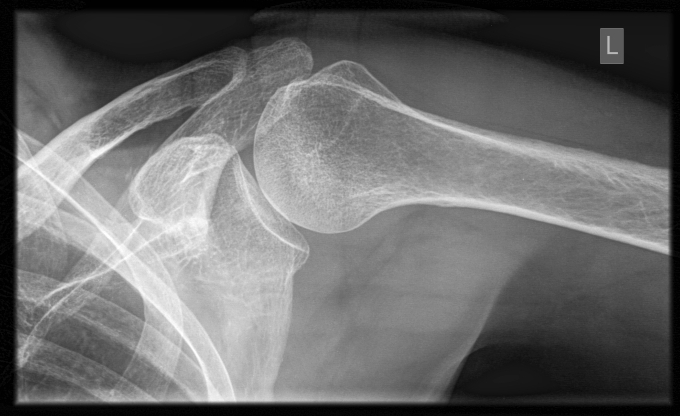Are you feeling pain or a “frozen” feeling after a recent vaccination?

Like any medication, a vaccine can have side effects.
A vaccination injury may cause some soreness or tenderness in their arm or shoulder near the injection site. Mild soreness at the injection site is considered a routine reaction to many vaccines. The soreness often goes away without further problems. In rare instances, however, a vaccination can result in severe and longer-lasting shoulder pain and bursitis weeks after vaccination. The pain can be accompanied by weakness and difficulty moving the affected arm. Some sufferers describe the feeling of their shoulder being “frozen”. This kind of severe reaction is referred to as “Shoulder Injury Related to Vaccine Administration,” or SIRVA.
How can a vaccine injection cause a shoulder injury?
Research and case studies suggest that SIRVA is caused by improper administration of the vaccine, rather than the vaccine components. It is recommended that injections be administered into the deltoid muscle in the upper arm for adults. However, even trained medical professionals can misjudge the placement of an injection, placing it too high or too deep, outside of the recommended injection site.

A shoulder’s musculoskeletal structures includes tendons, ligaments, bone and bursa – fluid-filled sacs that provide lubrication to the joint. Improper injection into the shoulder can cause inflammation and swelling, scarring, or other damage. The resulting conditions fall in the category of SIRVA.
SIRVA does not refer to one single medical diagnosis, but refers to a broader category of shoulder injuries and conditions. Some of the shoulder conditions included in the SIRVA category are:
- Adhesive Capsulitis (Frozen Shoulder)
- Impingement Syndrome of the Rotator Cuff
- Rotator Cuff Tear
- Tendonitis
- Bursitis
Shoulder & aim pain after flu shot
These injuries are generally characterized by pain and limitation of movement. For example, people suffering from Adhesive Capsulitis, also known as “Frozen Shoulder,” experience pain and a progressive loss of range of motion, making it difficult or impossible to raise their arm above a certain level. The shoulder seems “frozen”, unable to move beyond a specific point.
Impingement Syndrome of the Rotator Cuff and Rotator Cuff Tears, on the other hand, affect the muscles that come together at the top of the shoulder. Impingement Syndrome may present as the initial condition, then progress to a full Rotator Cuff Tear. Shoulder pain that worsens with activities that require raising the arm overhead is characteristic of these injuries. Pain at night and having trouble sleeping on the side of the affected arm are also common.
What can I do about my symptoms?
To start, get a medical evaluation from your primary care provider. Your provider may include diagnostic imaging tests as part of the evaluation. Discuss a treatment plan based on the findings.

Treatment options and duration of symptoms can vary, but the most common treatments include:
- Physical Therapy – to improve range of motion, restore muscle function, and relieve inflammation;
- Anti-inflammatory medications – to reduce inflammation and relieve pain;
- Corticosteroid injections – to reduce inflammation and relieve pain;
- At-home stretching programs – to increase range of motion; and,
- Surgery – in severe cases, surgery may be required to repair damage.
Improvement in symptoms and recovery times are variable. Some people experience improvement early in treatment, while others may suffer with symptoms for much longer. Unfortunately, some people never fully recover.
What is the National Vaccine Injury Compensation Program?
Medical appointments, treatments, medications, therapies, and other modalities associated with SIRVA can be expensive. Add other costly outcomes, such as lost wages and productivity due to prolonged pain and disability, and costs increase.
The National Vaccine Injury Compensation Program (NVICP) is a federal no-fault compensation program that was created, in part, to compensate individuals who suffer vaccine-related injuries. The NVICP draws on funds from the National Vaccine Injury Trust Fund to provide compensation for those who have been injured by a vaccine.
Petitioning for compensation through the NVICP is a legal process.
If you think that you (or someone you know) has suffered a vaccine injury, contact our knowledgeable team at Conway Homer P.C. for expert legal assessment, help and representation.
We have specialized in vaccine injury litigation for over 25 years.

